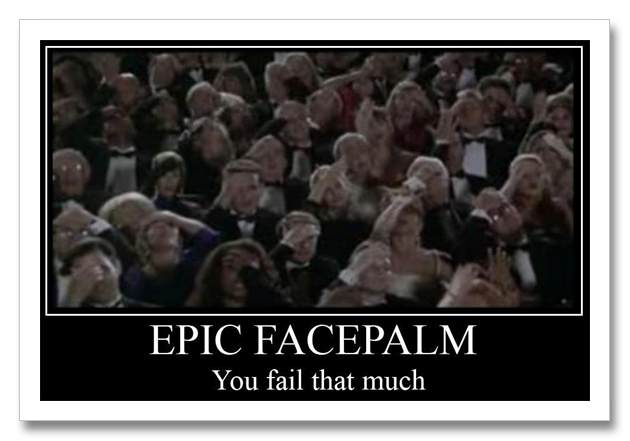Kurt
Junior Member
I see no incentive for the US to declare war against China in the next 20 years, unless the incentive is that the US realizes they will be in a far weaker position (militarily, economically, politically) post 2030 against china and thus want to act now to ensure it's place as the top dog in the world. But even that would be supremely unlikely and irresponsible.
I doubt any sane state actor would want to put their country into war to reap the meagre spoils of war which they are not necessarily guaranteed to win... and even then you'll expect losses the public most likely wouldn't be able to stomach.
But this is all an aside. Clearly the US isn't seeking war, and at the very least I do not see or forsee circumstances in which they would pursue that path deliberately.
You might rethink your position, both Nazi Germany and Imperial Japan planned war in order to gain the spoils. Especially the Nazi regime was from the start financed by industrialists who made great profits by disowning other people, strange thing is that the guys who became rich through the acts of the Third Reich are still owning and leading German industry and finance (). The idea of disowning others in the future was the basis of the Mefo credits the Nazis used to finance their programms from the start . These credits enabled them to quickly produce a very modern equipped military that gave them a quality edge over the powers they were intent to defeat that had a far superior economy. So what you claim would be insane has been done and probably failed only by inches.
Economic connections never were a hindrance for going to war (the US for example owned much industry in Germany and guess what, they bombed their "own factories"). You miss the effect of war economy and the flush of money on debt.
The current wars in Iraq and Afghanistan are quite costly because they were about creating political systems almost from scratch and making these countries work according to new US defined rules. The result would have been much cheaper if the US was content with some new dictators that sell them the natural resources. So the high price is paid for creating a fellow political system that is usually allied or sympathetic to your cause while a dictator can more easily switch sides.
Assessing the Chinese military expenditure is difficult and under much debate, but looking at their confirmed hardware, they seem number 2 after the US and do have the capability to scale up production of modern equipment whenever required as well as have the people to handle it. In this sense China is a security risk for the US because they could oppose them or alter the global system with a few years of determined effort. The current Chinese military is rather capable of defending Chinese interests.
Last edited:

